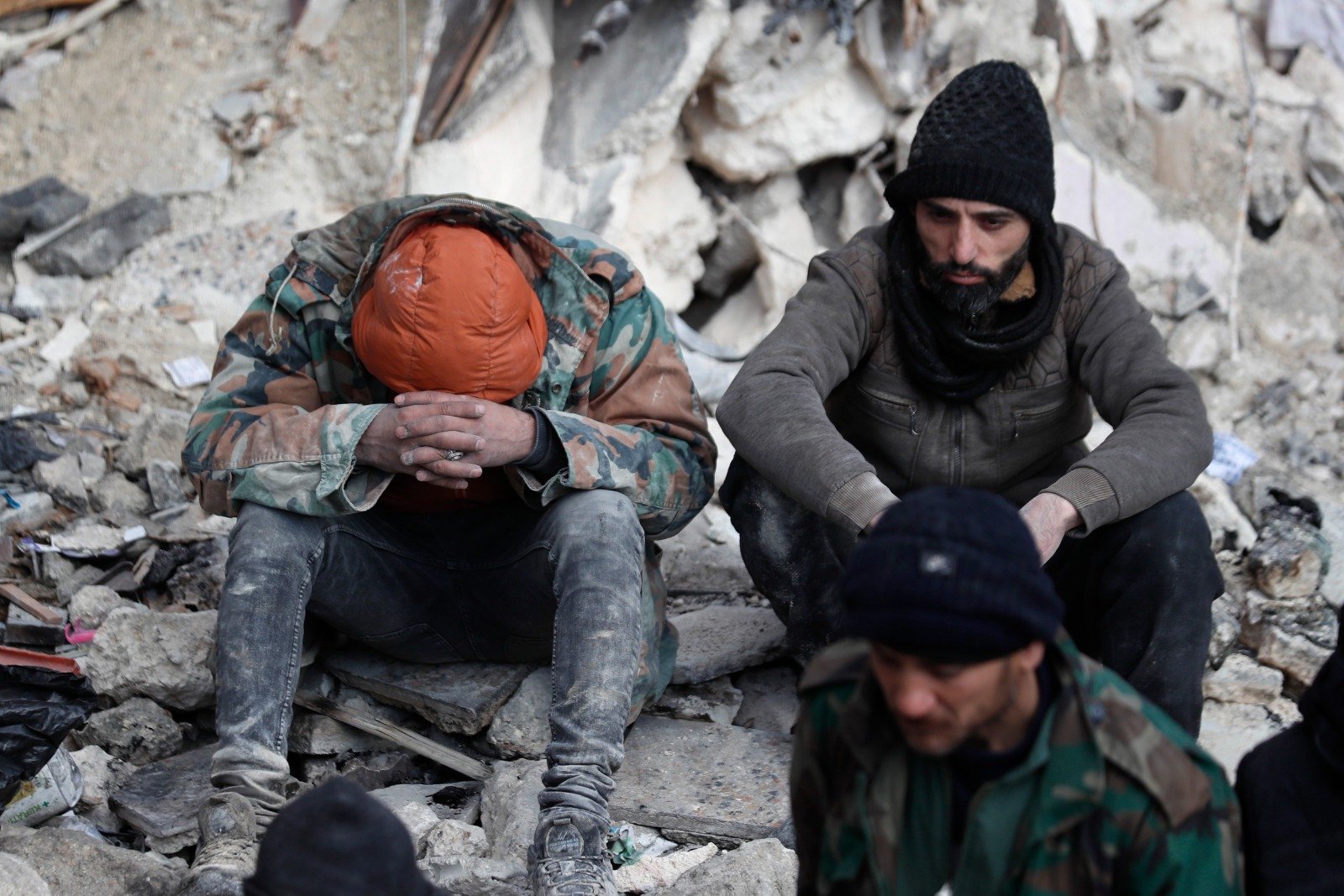Syria Monthly Report
January 2023
International
US introduces new policies and operational shifts in Syria
Turkish–Syrian rapprochement stalled
Security council extends cross-border aid
South & central
Government removes price control measures
Instability in As-Sweida
Iran delivers fuel to Syria
Northeast
Captagon trade moves north
Campaigns against ISIS
Northwest
Sixth SSG cabinet appointed
Turkey establishes consolidated Military Police
Special report: The Turkey-Syria earthquake
The earthquakes which hit southern Turkey and northern Syria on 6 February have devastated communities in the northwest. HAT Syria is producing a report on the impacts of the disaster, and provides a summary of key developments, in a special report.
Summary
Recent developments in the US have served to consolidate its position against Damascus; the US is likely attempting to starve the government of foreign reserves through clamping down on the illicit captagon trade, and preventing Iraqi dollars from entering Syrian markets. This, combined with further justification to geopolitically pressure Assad, his government, and the Syrian military by way of renewed accusations of war crimes, as well as pressure to block any moves toward early recovery in government-held areas, could potentially further exacerbate the complexity of socio-economic issues plaguing millions throughout Syria.
Developments related to the much-discussed improvements in external relations between the Syrian and Turkish governments appear to have stalled, with fundamental disagreements between Turkey and Syria making rapprochement between the governments unlikely.
In government-held areas, traders have been freed from government-controlled price restrictions on goods. They will now be able to set their own prices based on receipts of the actual purchase cost of goods. Introduced to mitigate the negative effects of a fluctuating currency and pricey imports, this new measure could also have been implemented to increase tax revenue by electronically monitoring trader’s transactions. Weekly demonstrations are being held in As-Sweida, against rising fuel and food prices and deteriorating living conditions. The increasing anti-government rhetoric has resulted in internal infighting in one of the governorate’s stabilizing forces, the Harakat Rijal al-Karama armed group.
Reports of a cooling in Iran–Syria cooperation appear to be overstated, with Iranian shipments of crude oil and gas arriving in Banyas port throughout January. Any dips in supply, for the moment, appear to be because of domestic economic problems in Iran, rather than any significant change in trade agreements between the two countries.
President Joe Biden has passed an act targeting the captagon trade in Syria, an outcome of the US and its allies’ concerns over at least the trade’s far-reaching and negative impacts, and for some (particularly the US), the narco trade’s financial benefits for Assad and his allies. Narcotic use and trade have also become more visible in northeast and northwest Syria. Though speculative, it is possible that the narcotics trade has shifted, or is beginning to shift, from its primary route through southern Syria into Jordan and beyond, to an eastern corridor, where security provision is weak, and the Syrian–Iraqi border is porous.
In the northwest, controlling actors have made steps towards centralizing and consolidating their power. The Syrian Salvation Government has a new cabinet, with ministers close to Hay’at Tahrir al-Sham’s leader, Mohammad Al-Jolani appointed to key positions, and new ministries and branches formed to control both the media, and resident’s adherence to religious practice. In Aleppo, Turkey has requested factions of the Syrian National Army to form a Military Police to oversee security, including taking charge of all checkpoints and crossings. The success of the Military Police will be reliant on the degree to which its members are professionalized, adhere to hierarchy and MoD policy, and forgo any previous loyalty to armed groups.


